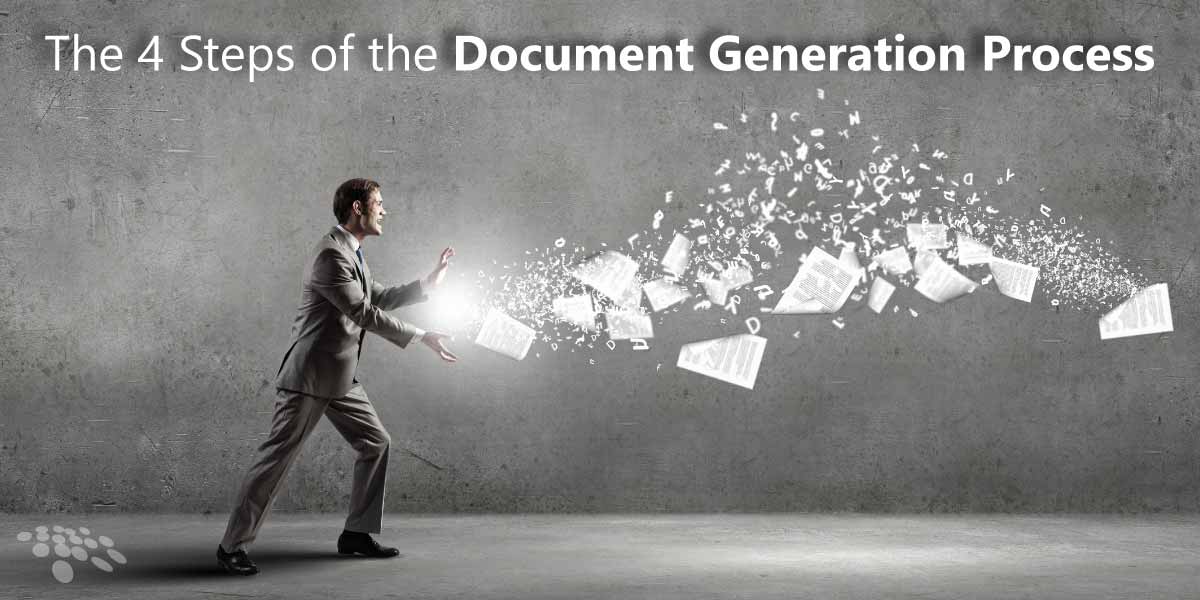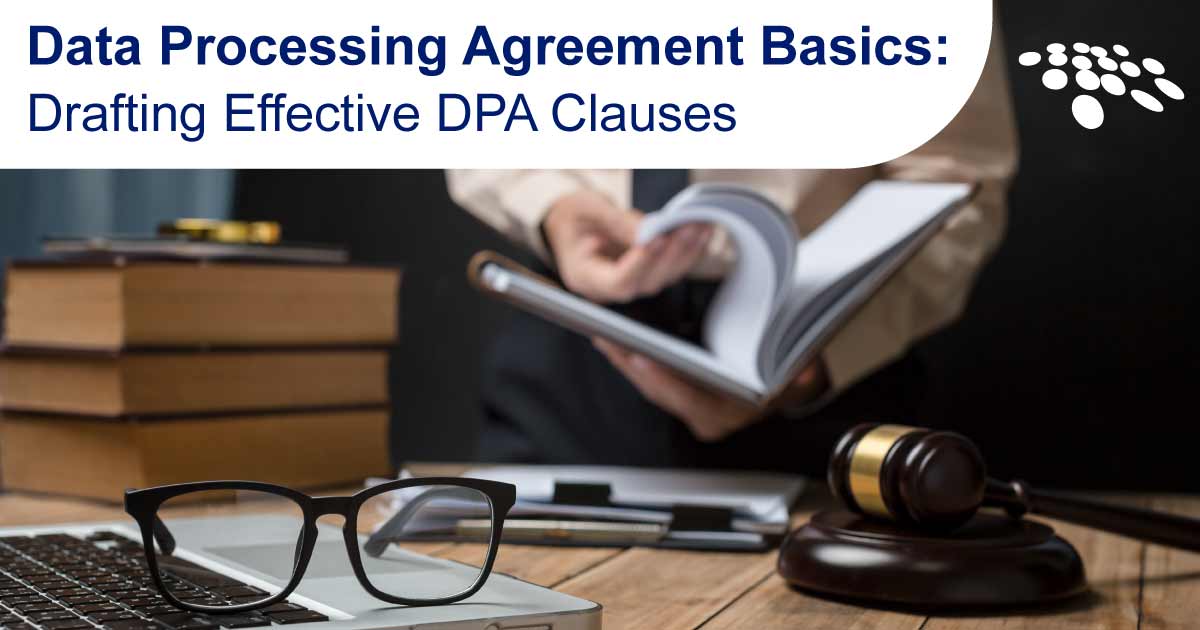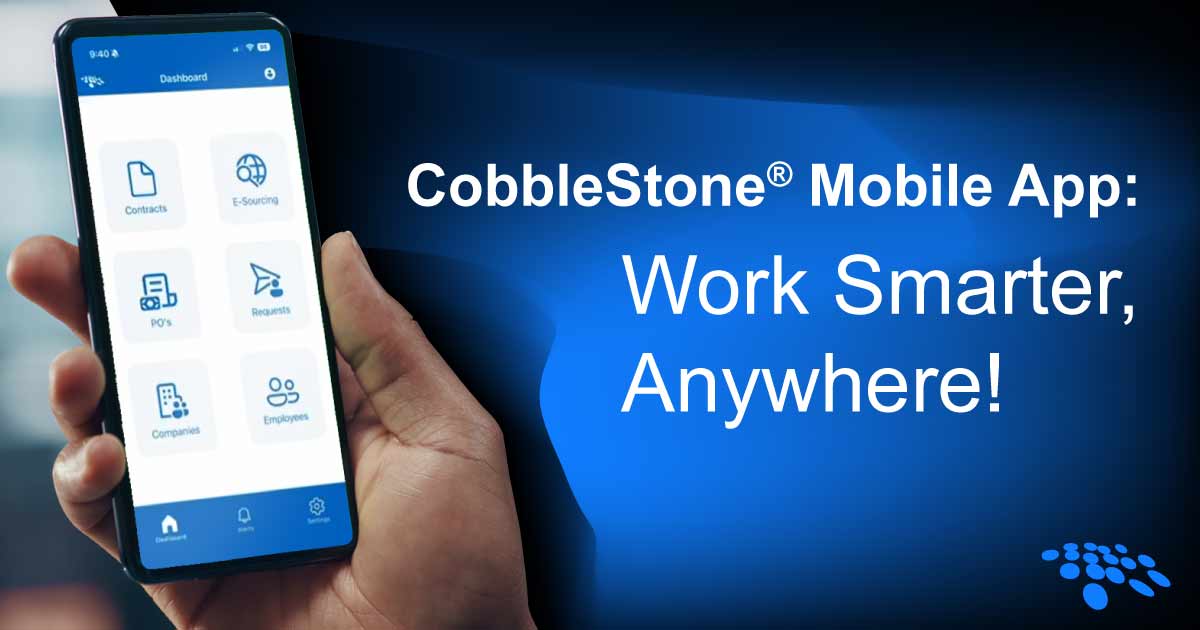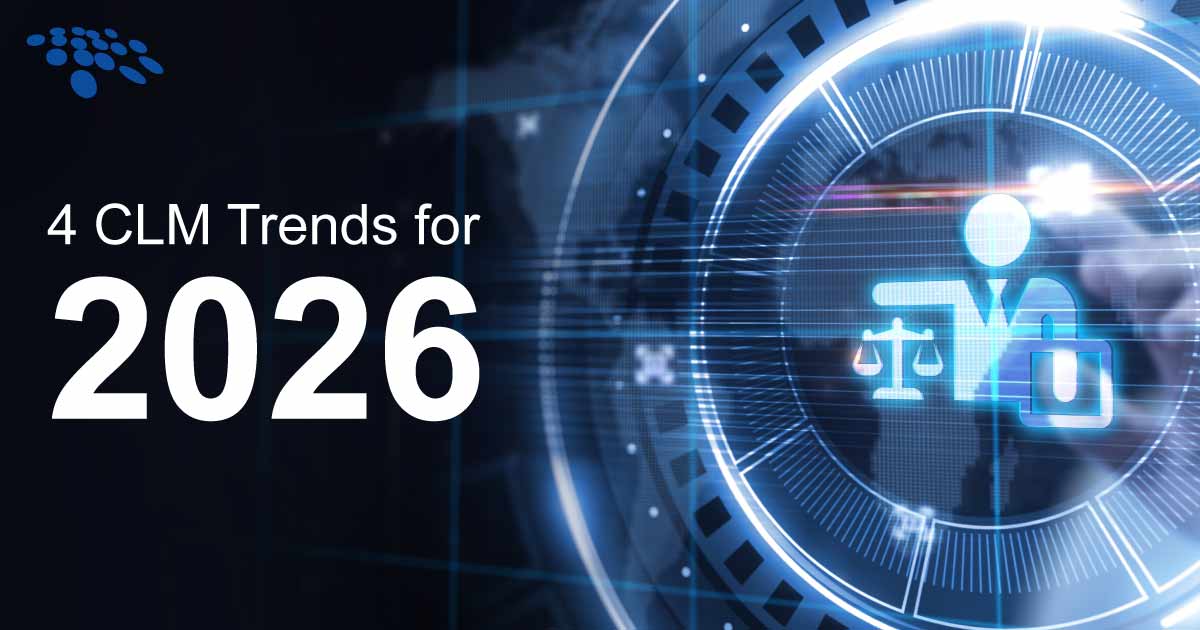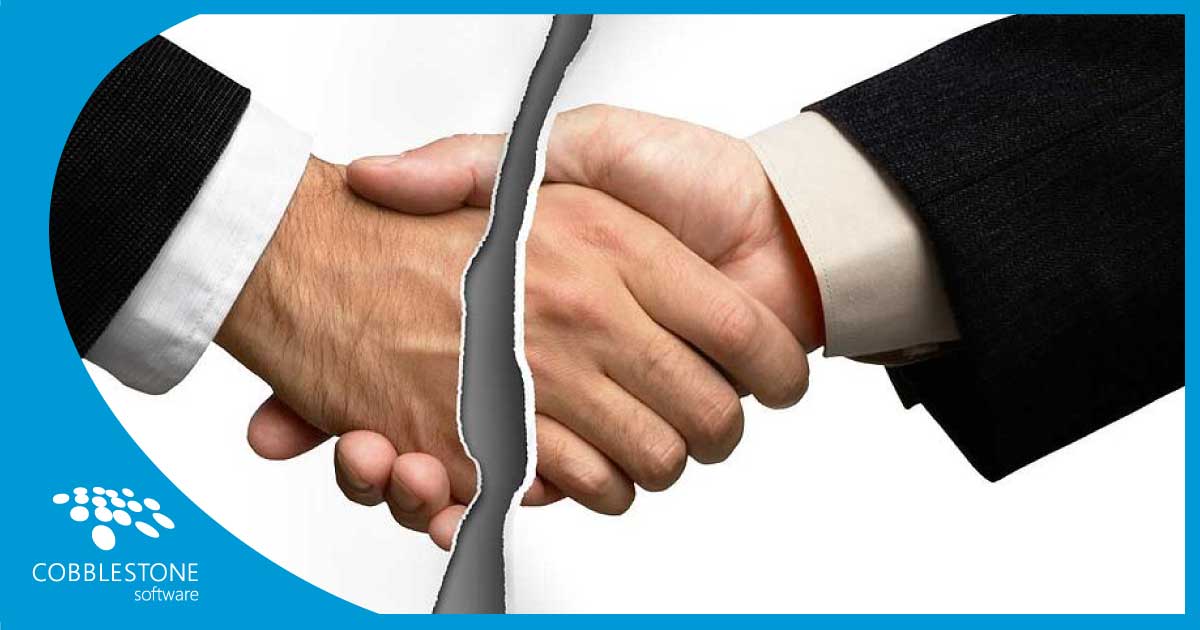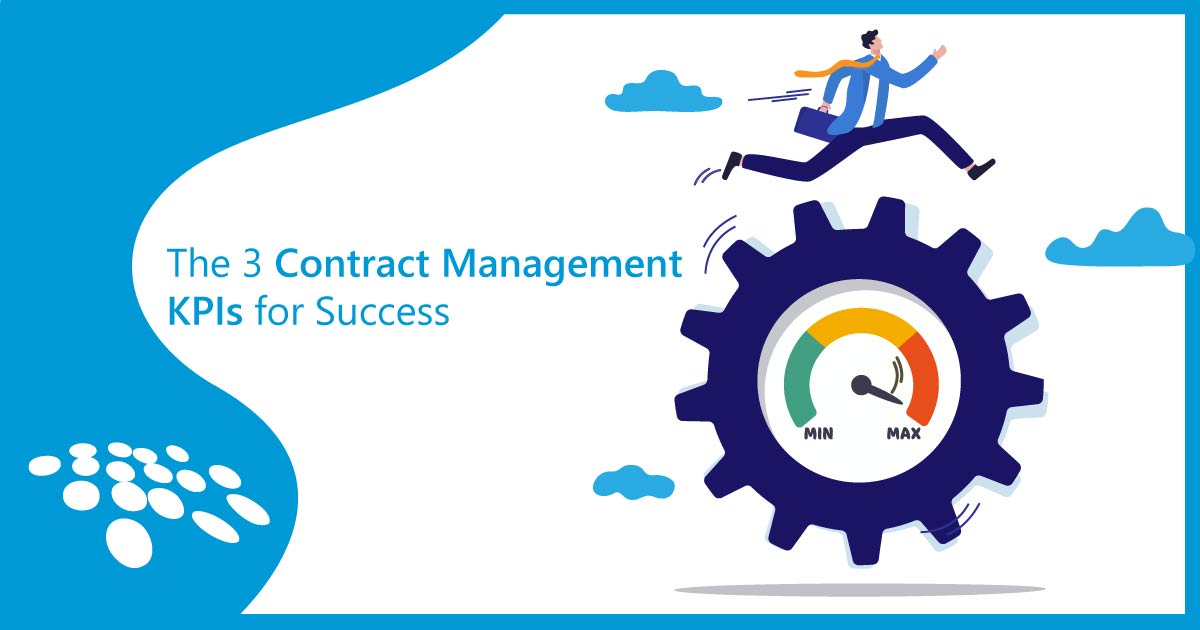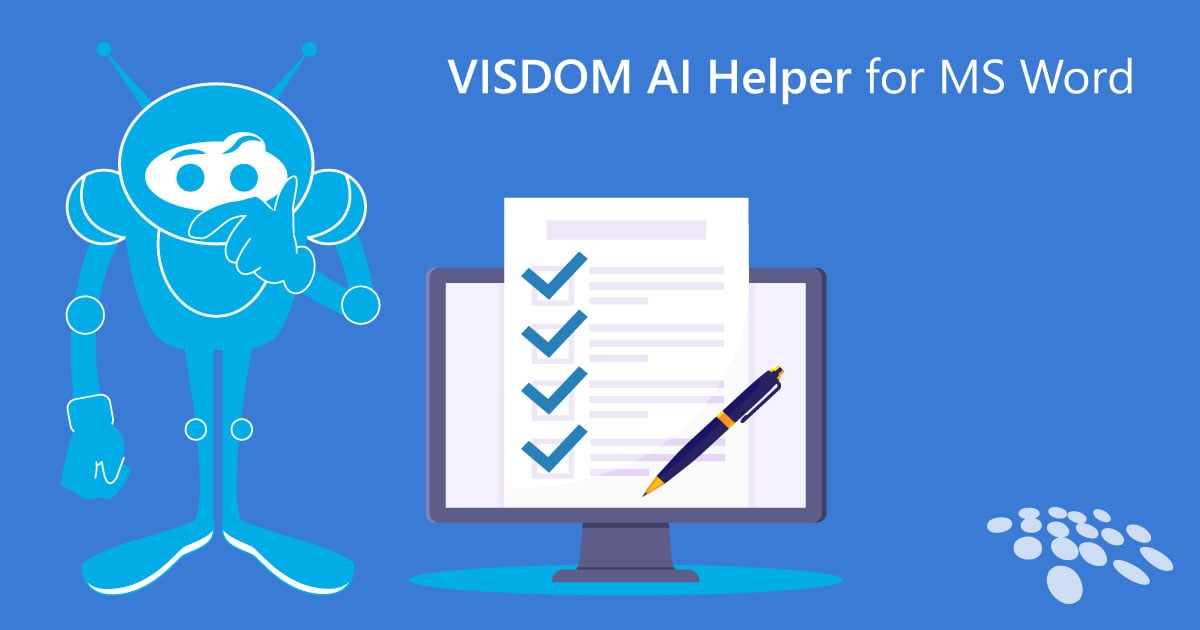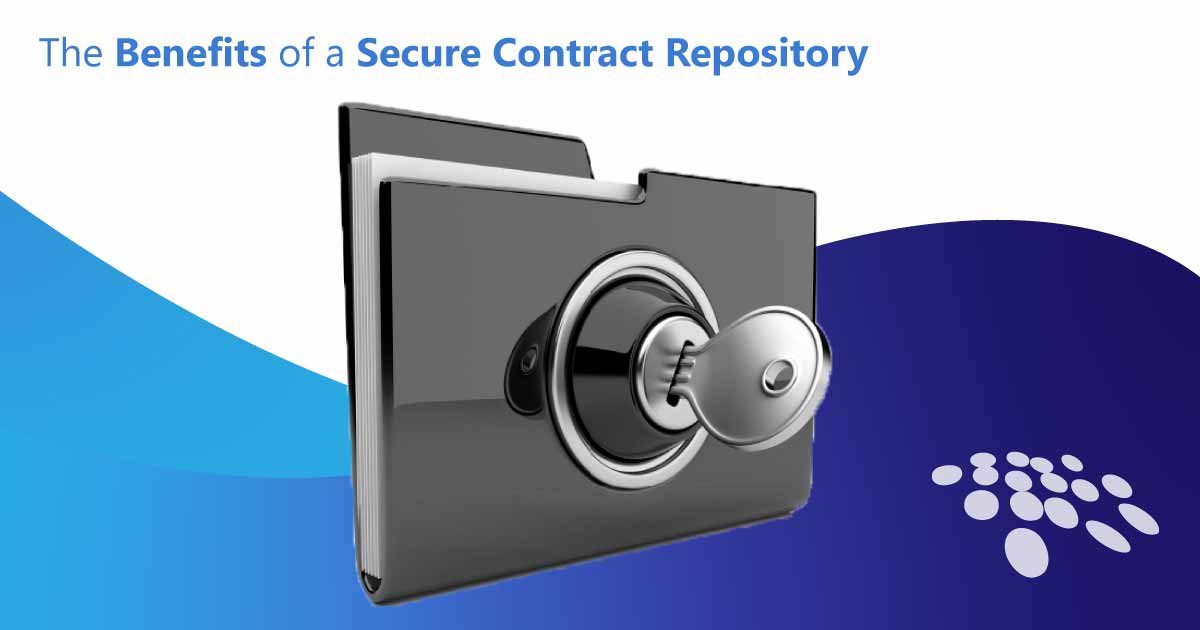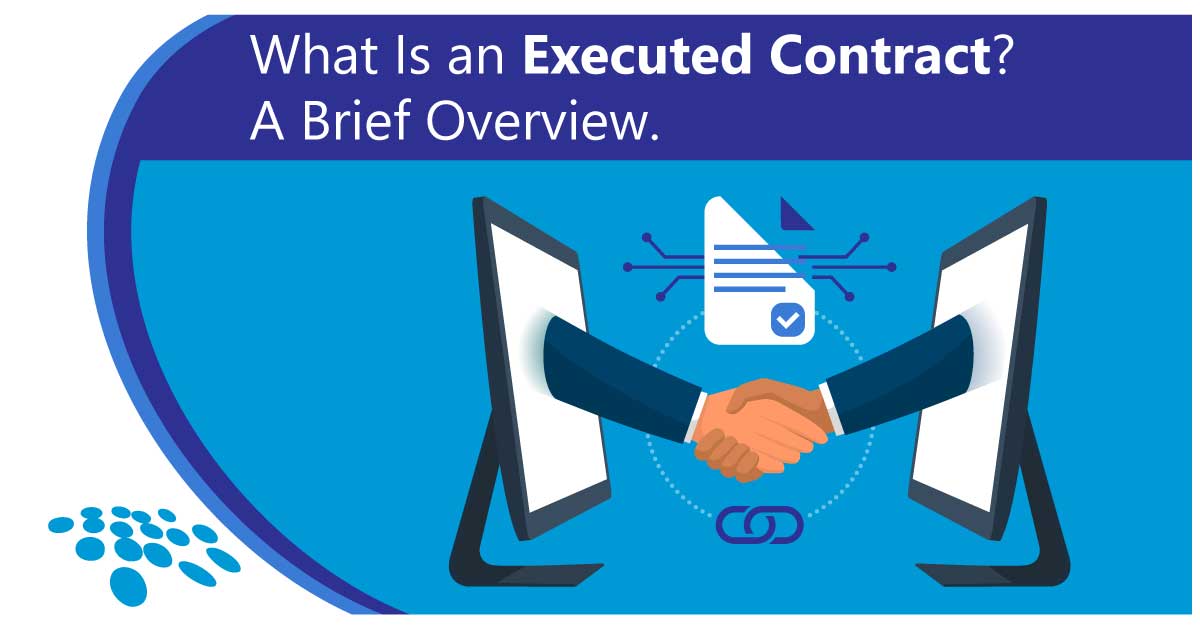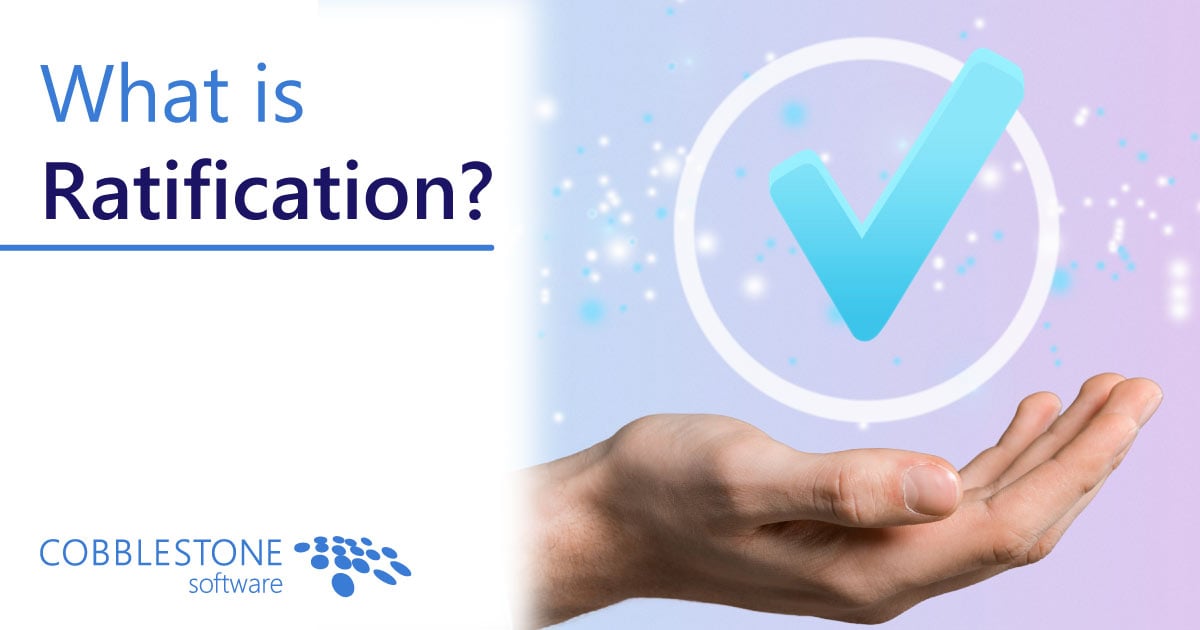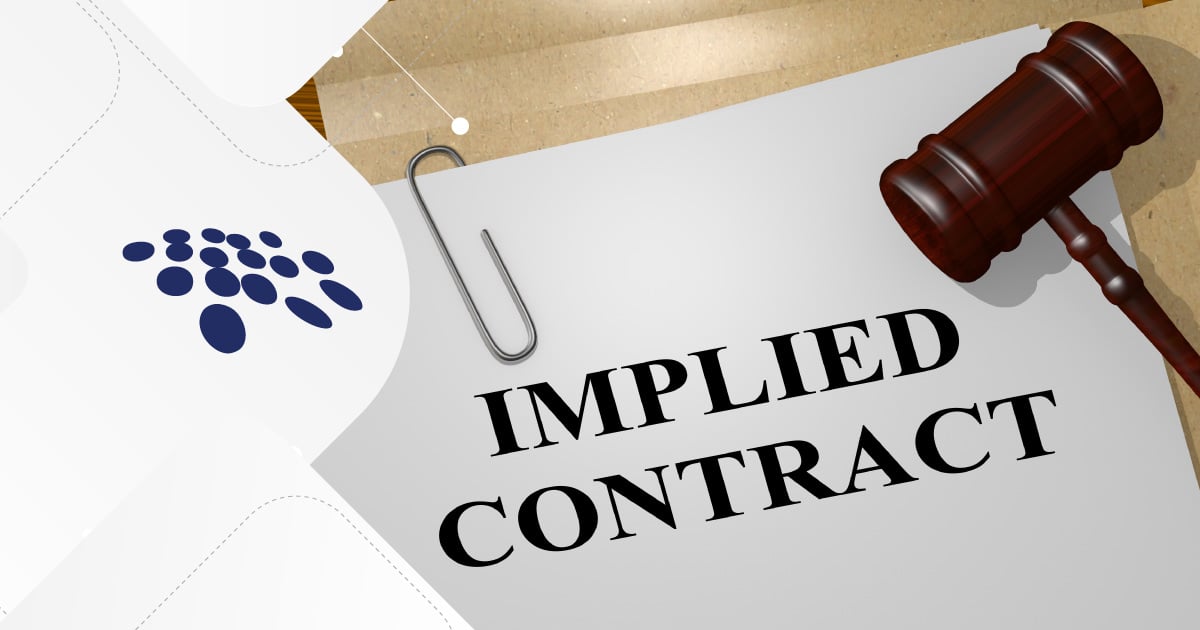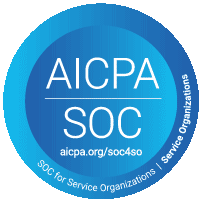
Signing contracts manually with wet signatures is a relic of the past. Straight up - if you are still signing contracts with delays due to physical document delivery, you are way behind the curve. In addition to difficulty tracking contract versions, there are potential errors inherent to document handling, resulting in longer legal review times, issues obtaining signatures from multiple stakeholders, and inefficient storage of contracts. These side effects can significantly slow the signing process and contract lifecycle. Thankfully, today, we have electronic signatures. But what is an eSignature? Read this blog post to find out!
What Is an eSignature?
An eSignature, short for electronic signature, is a means of digitally indicating agreement to the terms and conditions of a document (such as a contract). Just like a handwritten signature, an eSignature is legally binding. E-signatures can be used for a variety of documents. They are more efficient than traditional signatures and allow multiple stakeholders to sign documents simultaneously. Electronic signatures can also be used to certify a document's authenticity as digital signatures.
The legal enforcement of eSignatures has applied in the United States since the Electronic Signatures in Global and National Commerce Act (ESIGN Act) of 2000 was passed into federal law. Additionally, the eIDAS Regulation established a framework for eSigning in the European Union to ensure interoperability, trust, and legal recognition of electronic identities, signatures, and related services across EU member states.
Electronic signatures can be accomplished in various forms. These forms include:
- a click-wrap acknowledgment of terms and conditions.
- applying your written signature on a phone or tablet.
- pasting a facsimile of your signature into an electronic document.
- or even applying a signature by using a generic digital certificate.
What Is an eSignature Software Solution?
Electronic signature software (eSignature software) is a digital document signing tool that allows users to authenticate documents without needing physical signatures. It can be used to ensure signature legality and the integrity of electronic records.
More on Electronic Signature Software
Leading electronic signature software is often integrated with contract management software. It offers a variety of eSigning options with configurable routing and storage of the fully executed agreement on the appropriate document record. Users of electronic signature software can create standard or rules-based eSignature processes dedicated to user-friendly templates. E-signature processes can include internal resources, internal groups, and counterparty contacts for signing. Advanced solutions integrate with third-party electronic signature providers, such as DocuSign, Adobe Acrobat Sign, and SignNow.
Advanced eSignature software allows organizations to provide signers with a brief or detailed summary of each document before signing. It supports configurable document templates - which can be used to draft documents and document summaries. When setting up a new electronic signature process, summary documents and the document that requires signing can be included. This inclusion enables authorized signatories to view the document summary before executing the contract. Cutting-edge electronic signature software also allows the user initiating the signature process to include a summary in the automated email notification the signer receives.
After a signature process has been completed, leading electronic signature software can be configured to automatically attach the executed document(s) to the appropriate document record. E-signature software can also send an email notification to internal and external stakeholders to download or open the executed document.
Leading-edge electronic signature software supports field updates applied to document records once a signature process has been completed. E-sign software can provide automated updates based on the outcome of the signature process - including the designated document status. For example, the document status can automatically update to "executed" after the completion of an electronic signature process.
Leading electronic signature software users can search their contract repository for signed documents anytime. They can search down to the document/attachment, phrase, key term, or word level. With saved search, search history, and "Did you mean...?" functionality, the process is even easier!
What Are Digital Signatures?
Digital signature solutions leverage certificate-based digital identification to validate document integrity. These certificates are often issued by a certificate authority (or CA) and provide proof of signing with trusted time stamps. Encryption binds a digital certificate associated with a signature to the corresponding document.
The cryptographic operation allows Digital Signatures to verify and assure the following:
- The document is authentic and comes from a verified source.
- The document has not been tampered with since being digitally signed.
- Your identity has been verified by a trusted organization (the CA or trust service providers (TSPs)).
Digital signature solutions providers follow specific and widely accepted standard formats called private key infrastructure (PKI) and public key infrastructure (PKI). The process relies on the provider using a mathematical algorithm to create two lengthy number strings—public and private keys. Private and public key certificates must be handled securely. That is where CAs and TSPs come into the equation.
What Is an eSignature's Benefits?
When used together, eSignatures and digital signatures can make signing documents more secure, valid, and enforceable. E-signatures and digital signatures have several benefits that make them the obvious choice compared to manual signatures.
- Document Integrity: E-signatures and digital signatures use encryption and cryptographic techniques to ensure that a document's contents have not changed since it was signed.
- Signer Authentication: E-signatures and digital signatures link a user's signature to an identifiable entity, proving who signed the document.
- Quick & Easy: E-signatures and digital signatures can cut send-to-sign time by up to twenty percent!
Those involved in the document signing process can automate and supercharge signatures with a digital certificate of authenticity and Uniform Electronic Transactions Act (UETA) compliance with convenient placeholder options and custom branding of colors, fonts, sizing, and formats.
E-signatures help keep customers, employees, and partners happy for non-disclosure agreements (NDAs), master service agreements (MSAs), consulting agreements, confidentiality agreements, sales contracts, and others.
Book a free demo today to learn more about how eSignature software can help YOU!







